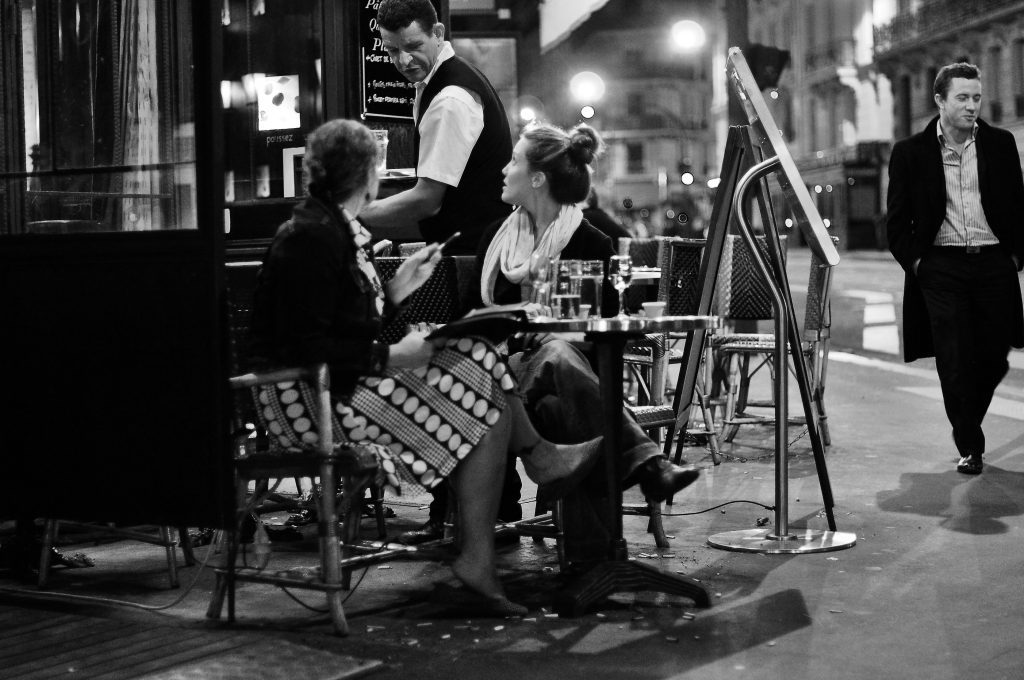Etiquette in France: Navigating the Rules of Politeness

France is known for its rich culture, elegant fashion, and delicious cuisine. But beyond the surface level attractions, there is a deeply ingrained set of social customs and manners that are considered essential to navigating daily life in France. In this post, we’ll explore the key elements of etiquette in France, including politeness, gift-giving, and table manners.
Politeness
In France, politeness and good manners are highly valued, and play an important role in daily interactions. The use of formal and polite forms of address is considered essential in maintaining respect and decorum. For example, it is common to use the formal “vous” when addressing someone, rather than the informal “tu”. This is particularly important when addressing someone older or in a position of authority. Additionally, it is considered impolite to interrupt someone when they are speaking or to speak loudly in public.
Greeting is also an important aspect of politeness in France. It is considered polite to greet someone with “Bonjour” when meeting them and “Au revoir” when leaving. It is also common to use “Merci” to express gratitude and “S’il vous plaît” to make a request. These small words can make a big difference in showing respect and politeness.
Gift-giving

Offering a bouquet to your host
Gift-giving is also an important aspect of etiquette in France. It is considered good manners to bring a small gift when visiting someone’s home for the first time, and it is also common to bring a gift when invited to a dinner party.
For example, if you are invited to a dinner party, you can bring a nice bottle of wine, flowers or a box of chocolates. The gift should be wrapped and it is considered rude to give something that is too expensive. It is a nice touch to bring something that is representative of your home country or region.
Table manners

French dinner
When it comes to dining, table manners are of the utmost importance in France. It is expected that people will use utensils properly, and will not speak with their mouths full. It is also considered good manners to wait for everyone to be seated before starting to eat at a formal dinner. Additionally, you should avoid placing your elbows on the table, and finish everything on your plate as leaving some food is considered rude.
In conclusion, etiquette in France is an integral part of daily life and is closely tied to the country’s culture and traditions. By understanding and following the rules of politeness, gift-giving, and table manners, you’ll be well on your way to navigating social interactions in France with ease and grace.